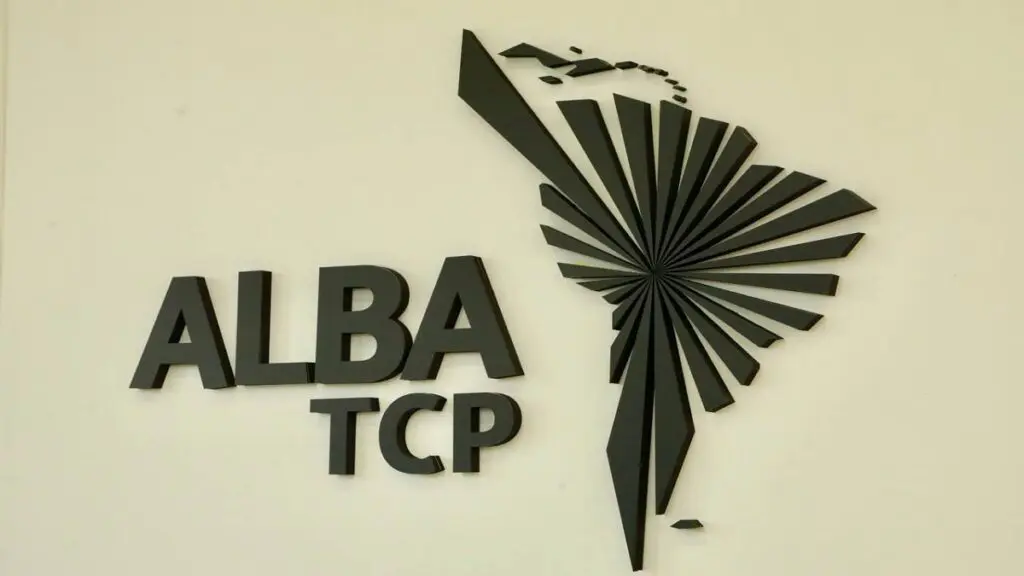
The statement also highlights that Latin America and the Caribbean has been proclaimed a Zone of Peace, and the ALBA-TCP countries firmly support this commitment. Photo: ALBA-TCP
Caracas, October 29 (RHC)-- The member countries of the Bolivarian Alliance for the Peoples of Our America (ALBA-TCP) condemn the alleged attack against former President Evo Morales and call for national dialogue.
In an official statement, the member countries of the Bolivarian Alliance for the Peoples of Our America – Peoples' Trade Treaty (ALBA-TCP) expressed their concern over the report of an attack against Evo Morales.
The statement, issued this Monday from Caracas, expresses solidarity with the leader of the Movement Towards Socialism (MAS) and rejects any act of violence that could affect peace in Bolivia.
ALBA-TCP supported the decision of the Bolivian president, Luis Arce, to initiate a detailed investigation into the incident, urging that the facts be clarified in order to preserve stability in the country.
"We repudiate all acts of violence," the statement said, stressing that this investigation is crucial for transparency at a tense time for Bolivia. The organization also called on all sectors in Bolivia to prioritize dialogue and avoid any escalation of the conflict.
In turn, the ALBA-TCP countries offered their willingness and capabilities to facilitate peace and understanding, pointing to the possibility that the conflict may be influenced by "external actors seeking to destabilize."
The Bolivian context is marked by a growing dispute between the Government of Luis Arce and Morales' supporters. On Sunday, the former president denounced an attack against him, arguing that armed men attacked his convoy while he was heading to his radio program on Lauca Ñ.
The Minister of Government, Eduardo del Castillo, rejected this accusation, stating that the confrontation was the result of an attempt by Morales' security team to evade a police checkpoint.
According to Del Castillo, Morales' security would have opened fire on police officers who were trying to stop his vehicle, which culminated in an exchange that left one agent dead and another seriously injured. He maintained that the incident was the result of an anti-drug operation and accused Morales of trying to victimize himself with a narrative of "self-attack."
In contrast, Morales denounced that it was a maneuver to hide the alleged attack, questioning the official version and asking for the dismissal of Del Castillo and other high officials.
The tension between the Government and the sector loyal to Morales has led to demonstrations in various areas of the country. From Cochabamba to La Paz, roadblocks and protests are intensifying, reflecting the discontent among rural and urban sectors that support the former president.
These blockades, which have already lasted more than two weeks in some places, are carried out in protest against the high cost of living, fuel shortages, among other economic problems that affect the Bolivian population. In addition, they demand that Evo Morales' presidential candidacy be enabled for the next general elections to be held in August 2025.
Various social and political sectors of the MAS have declared a state of emergency and repudiate “the cowardly actions” of the Arce Government, according to the leadership of La Paz, increasing tension in an already critical context, leading to arrests and violent repression by the Security Forces.

